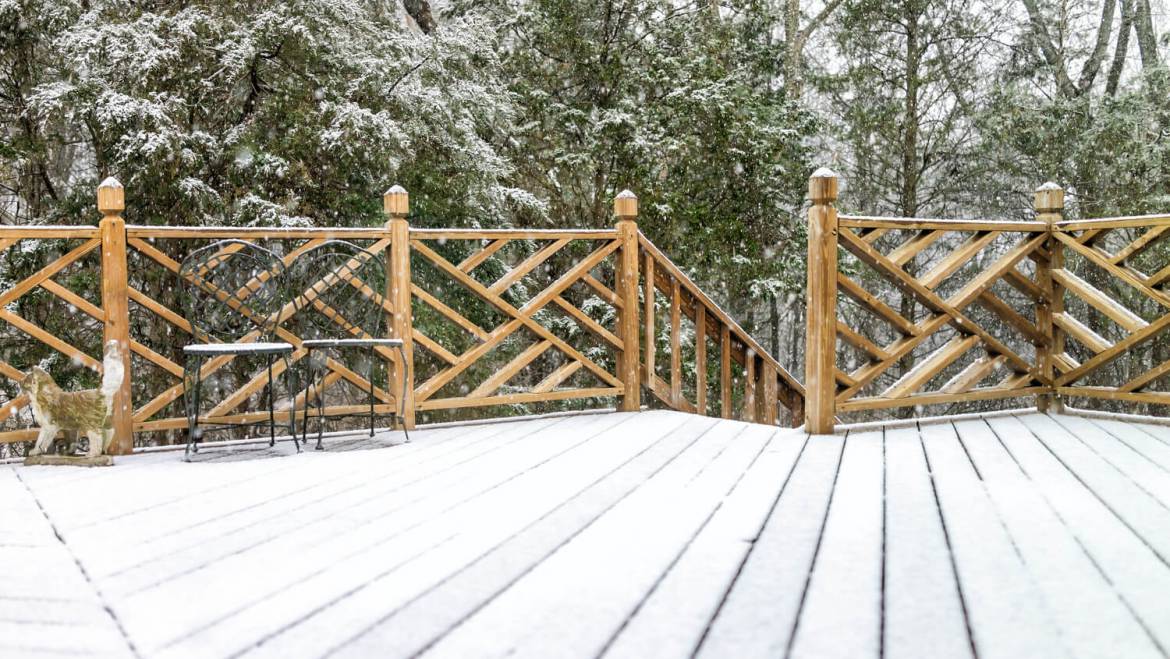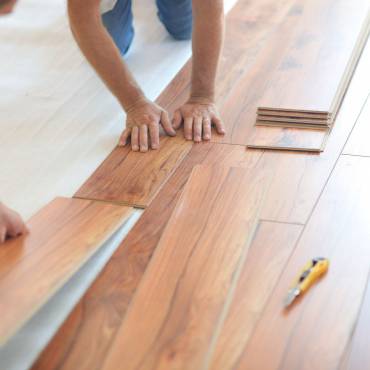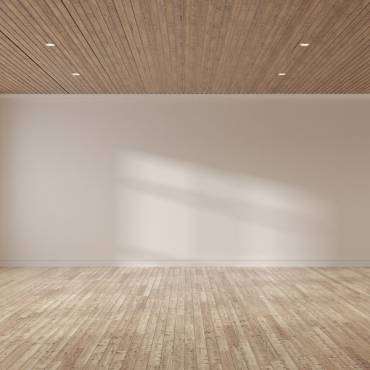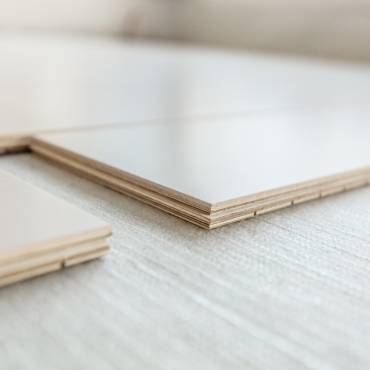Wintertime means having to deal with salt and snow. Avoid damage to your beautiful home or business hardwood flooring Schaumburg this winter, by following some of these handy winter flooring protection tips.
The effect that winter has on our bodies, vehicles, and homes, are nothing new. The icy temperatures, dry air and extra work created by shoveling snow and salting driveways and walkways can be cumbersome. These chores are necessary for safety, but it can take its toll on your hardwood floors.
What Effect Does Salt and Snow Have on Your Hardwood Floors?
Firstly, salt is naturally rough and pointy in texture, which can scratch your floors as a result. The fact that it’s brought inside underfoot is difficult to prevent. Shoes can also carry in other types of debris that can cause scratches and damage to your floors.
The second thing is that ice melting salt is composed of calcium chloride, which can cause stains on your wood floors as a result of a chemical reaction. It can also cause stains and damage to your rugs. Salt can therefore cause physical scratches and chemical burns, neither of which are good for your floors.
Preventing Salt Damage to Your Floors
The main cause of damage to your floors is the salt and other debris that gets brought inside by shoes and winter boots. To lessen the extent of the damage to your hardwood floors, make sure that shoes are removed on entry.
This may be a little harder to achieve if you are a business owner, as you can’t ask your customers to remove their shoes. There are other measures that you can take as a business, which is to provide robust industrial rugs in entry ways. Also make sure to vacuum and mop high-traffic areas frequently.
How to Remove Salt from Hardwood Floors
It will be challenging to prevent any salt from entering your home, even if you practice strict rules on entry. It is even harder for a business to prevent this from happening. Over time you may start to notice salt stains or scratches appearing in your beautiful floors.
An outdated solution is using vinegar as a stain remover, however this has since been proven to cause more harm than good. Never use vinegar on your hardwood flooring. Water is also not a good idea to use on a hardwood floor.
A good salt stain remover should protect your hardwood floor’s finish. The most suitable product to use depends on the degree of damage that your floor has sustained. Use a mop to apply the most appropriate salt stain remover solution.
Call on The Experts for Sound Hardwood Flooring Advice
Depending on the degree of damage already present on your hardwood floors, a cleaning solution may not be enough. At this point, call on the hardwood flooring experts, like Idea Wood Floors. They will give you the best advice on how to treat your floors. You may need to consider having a hardwood floor refinishing Glenview job done by sanding and sealing your floors to bring them back to life. Contact Idea Wood Floors today to get an expert to assist you with all your hardwood flooring requirements.














